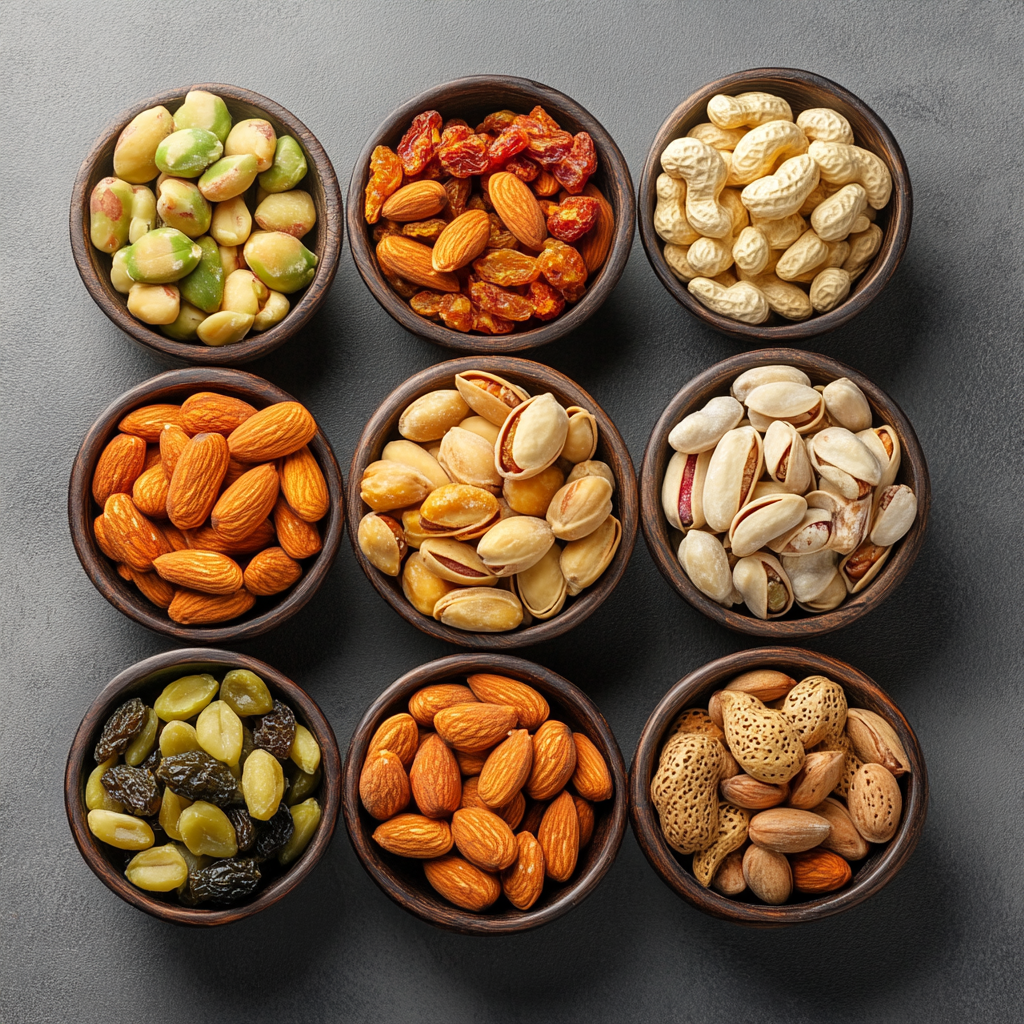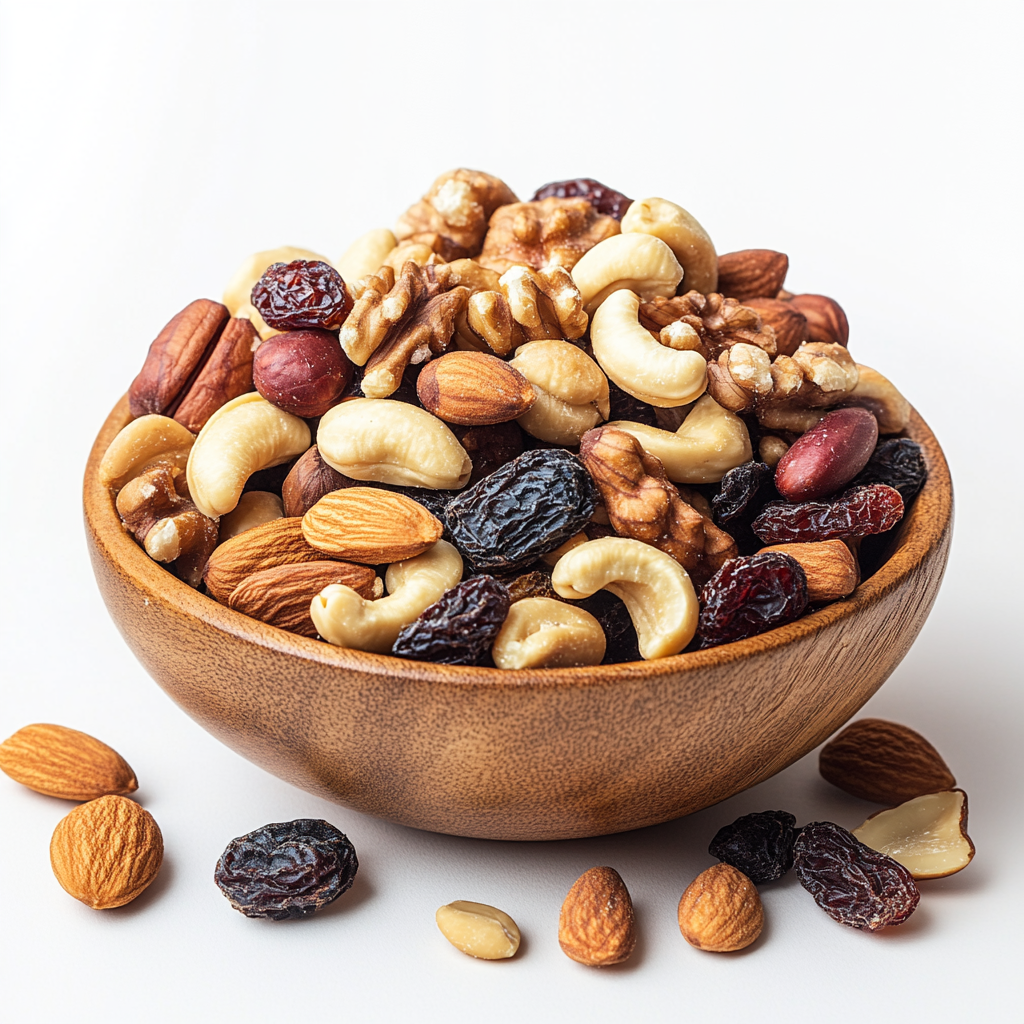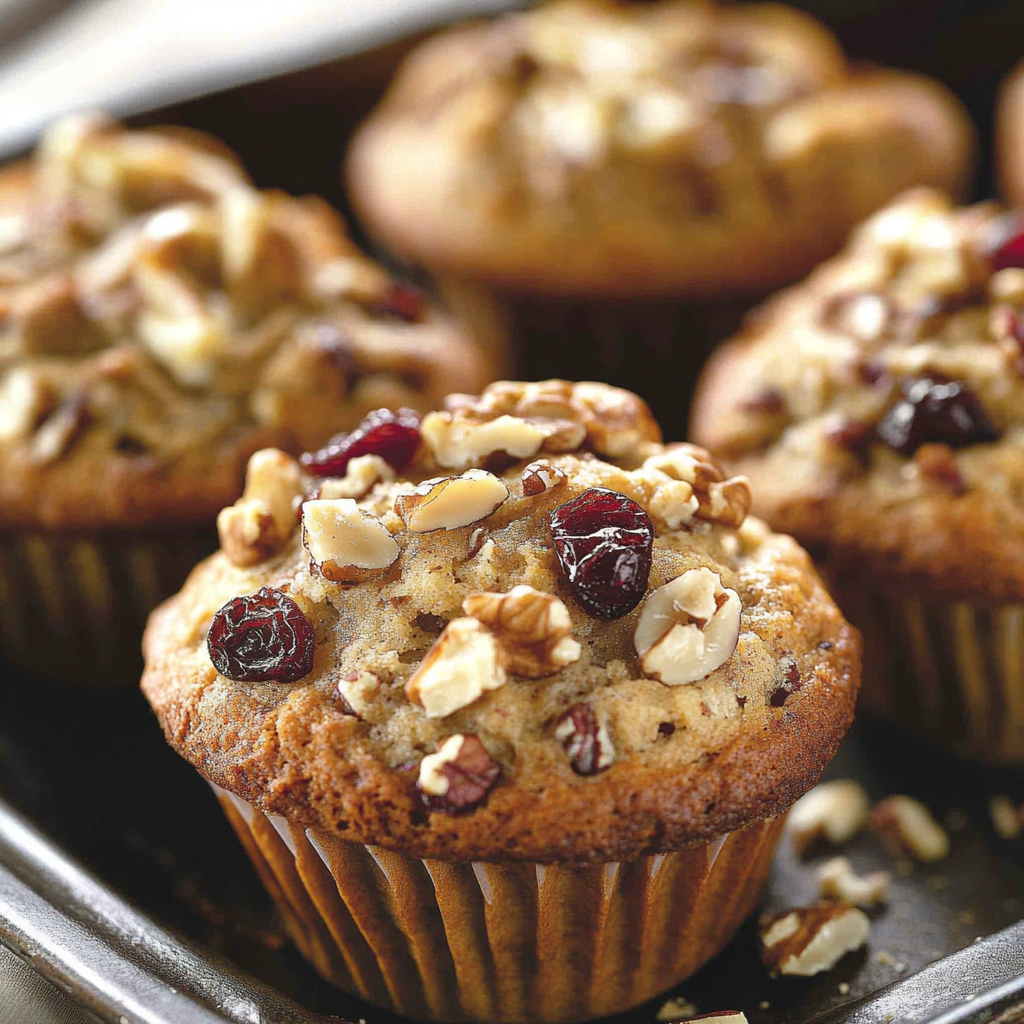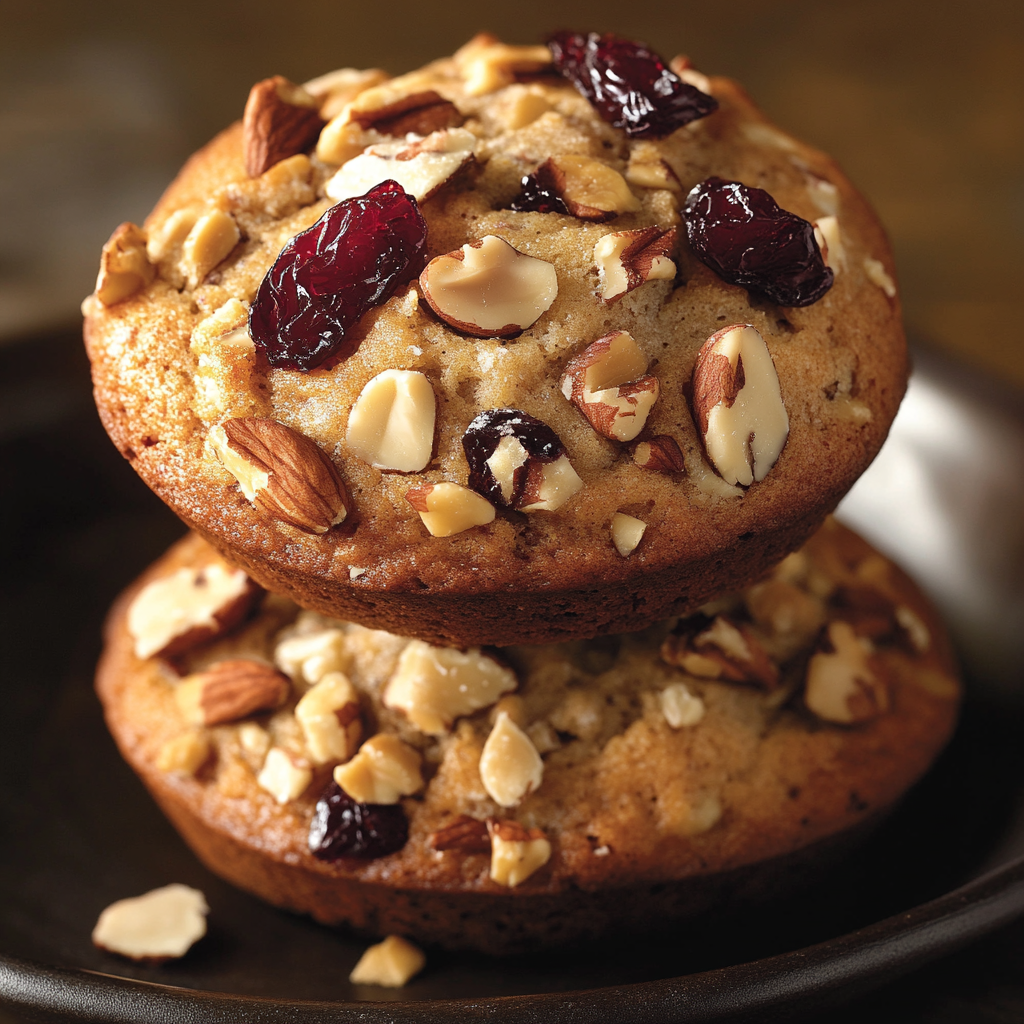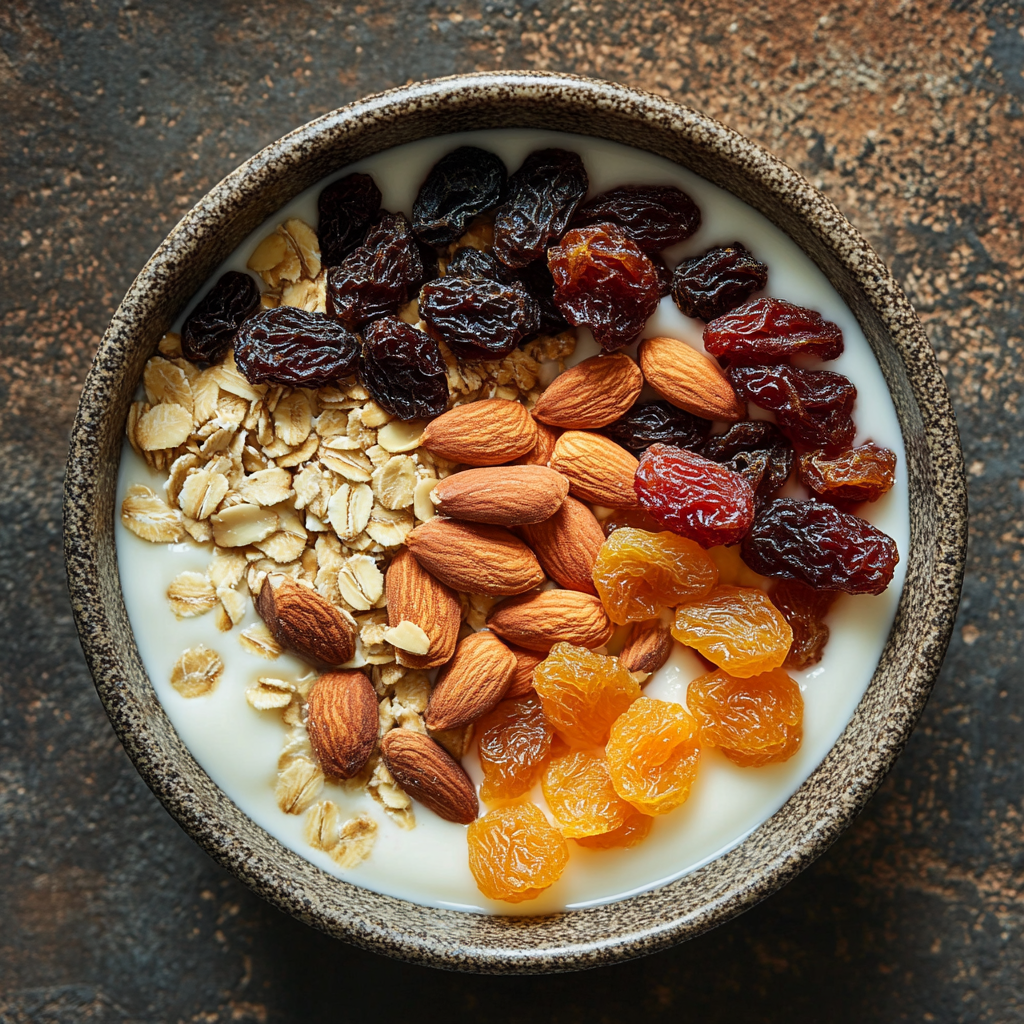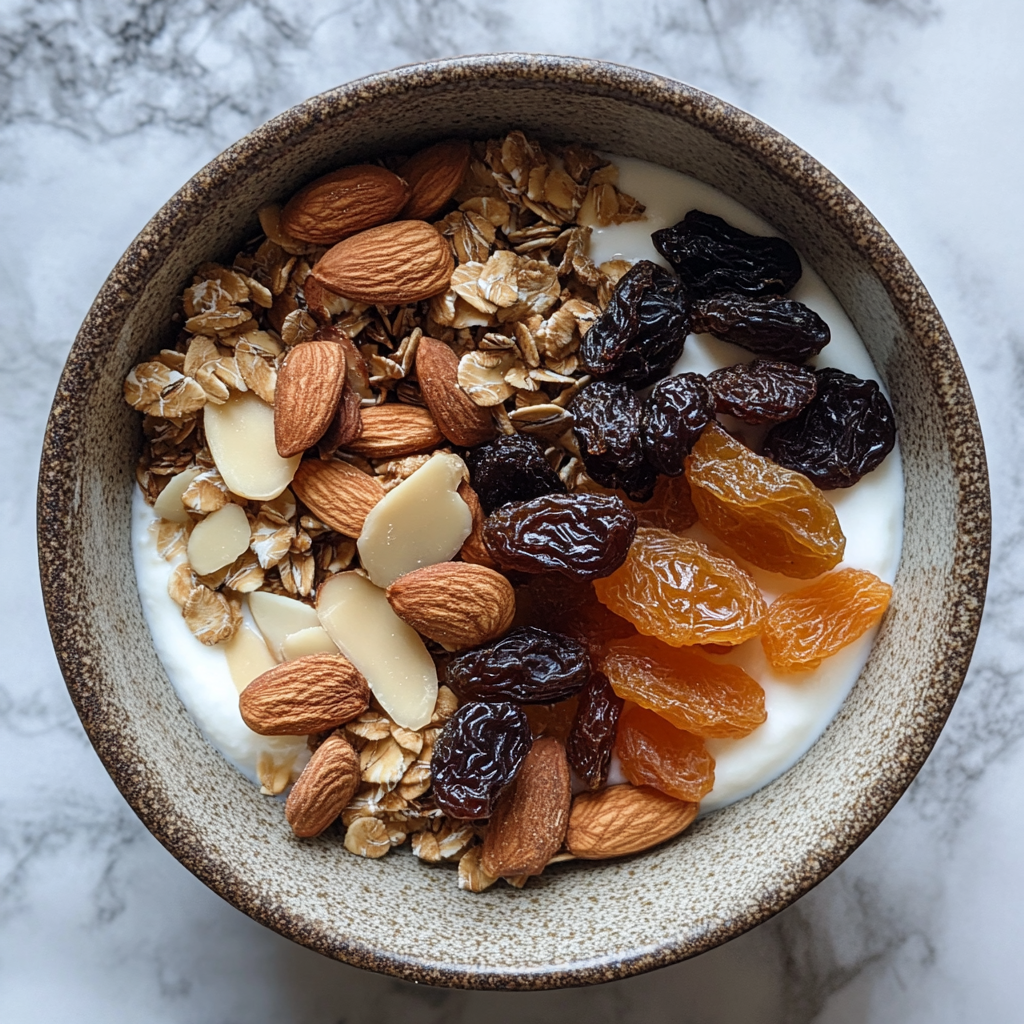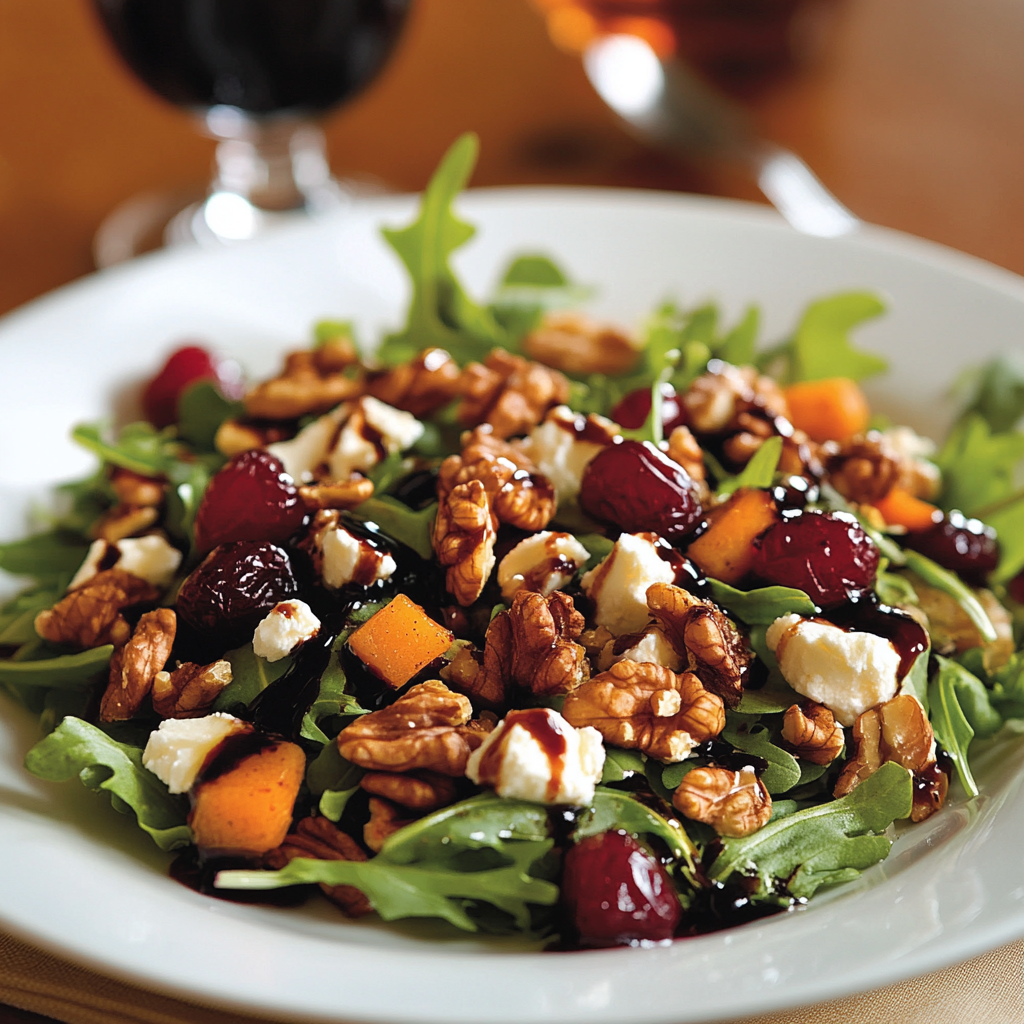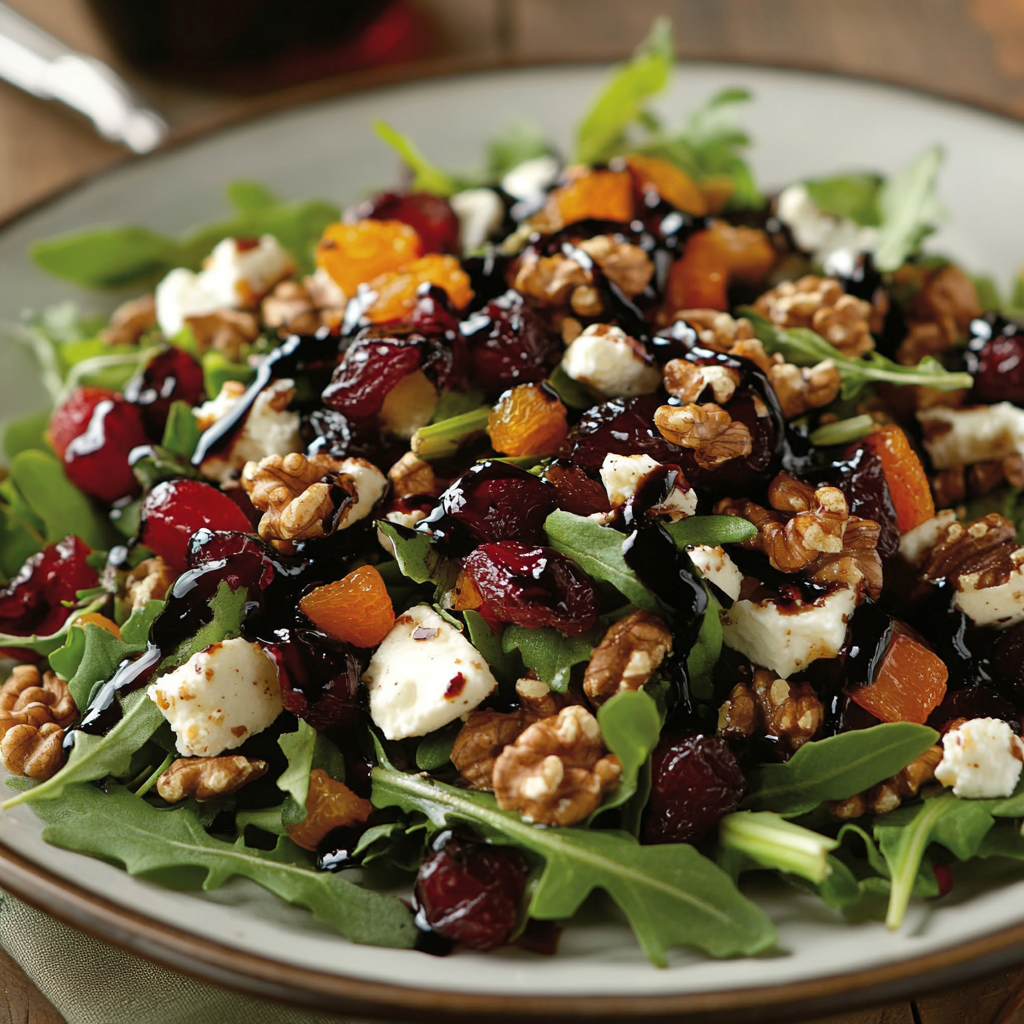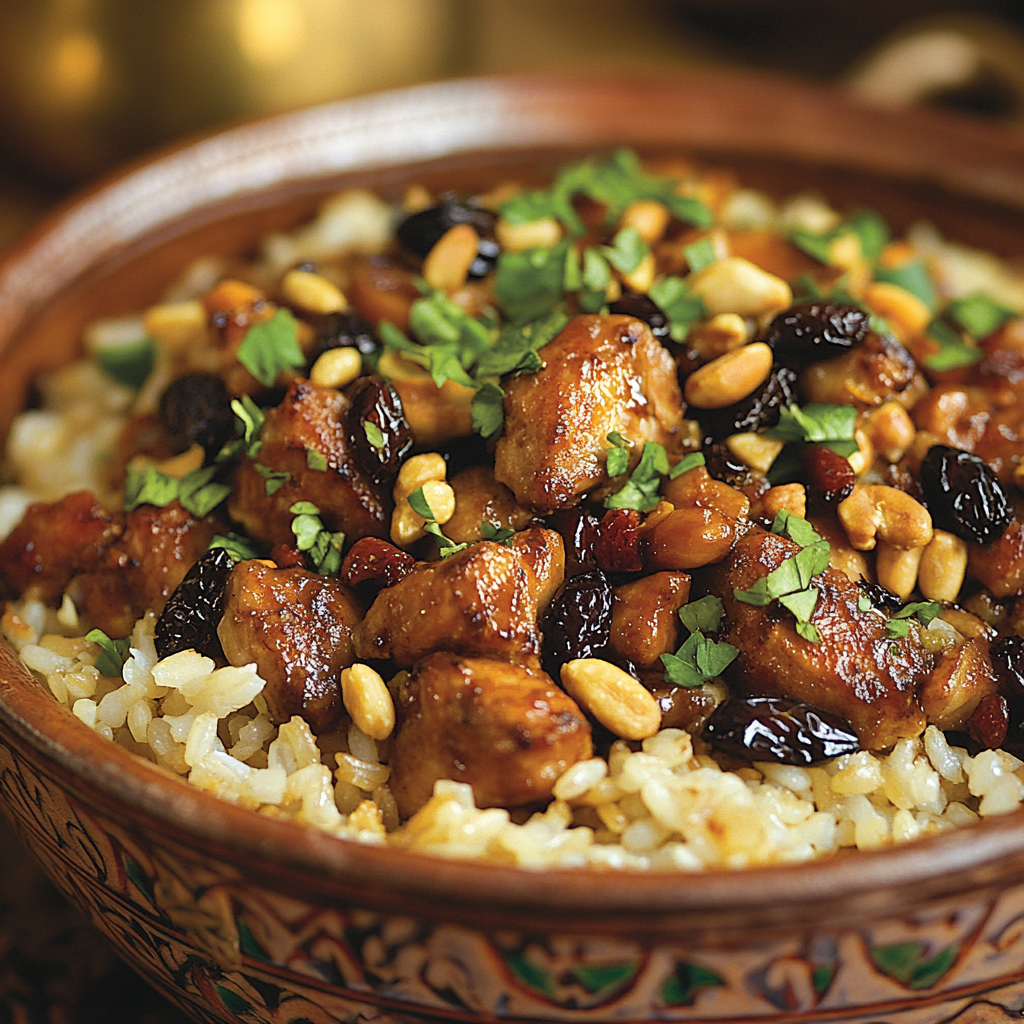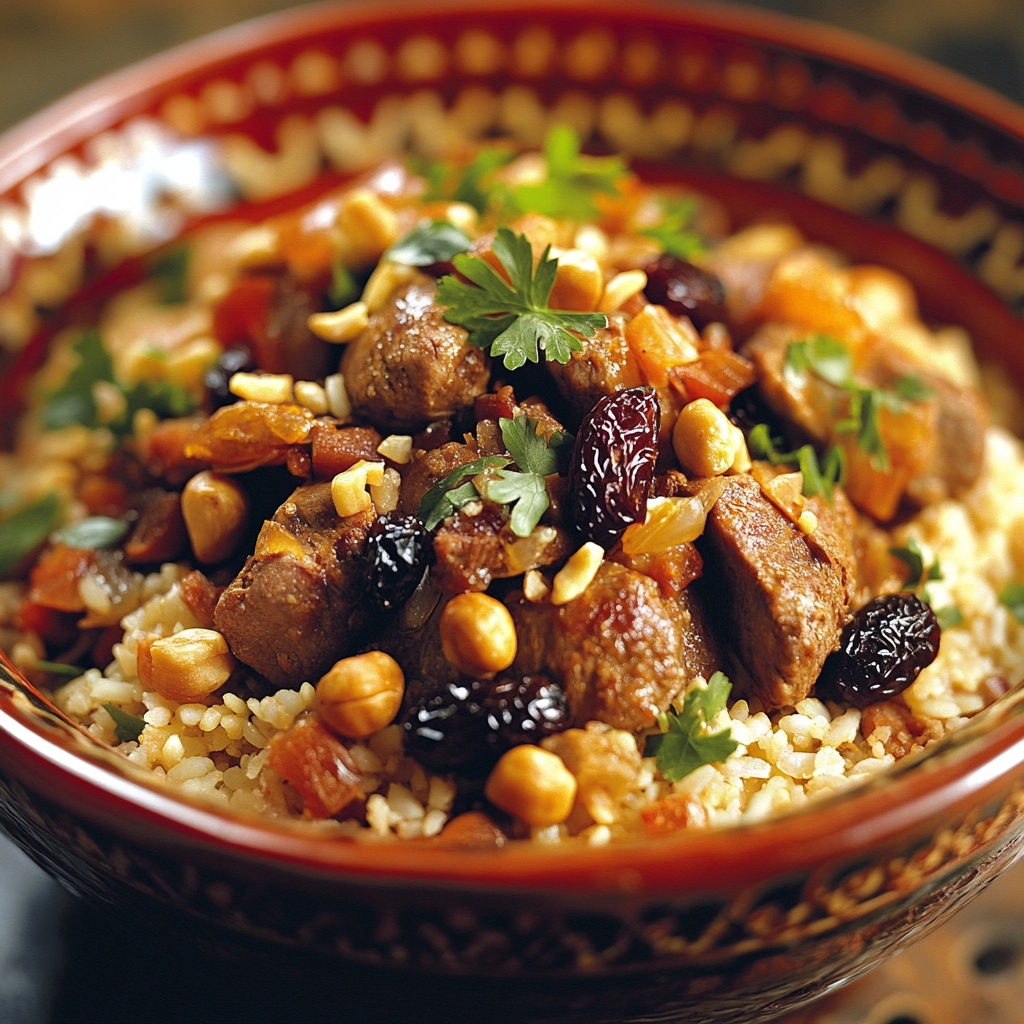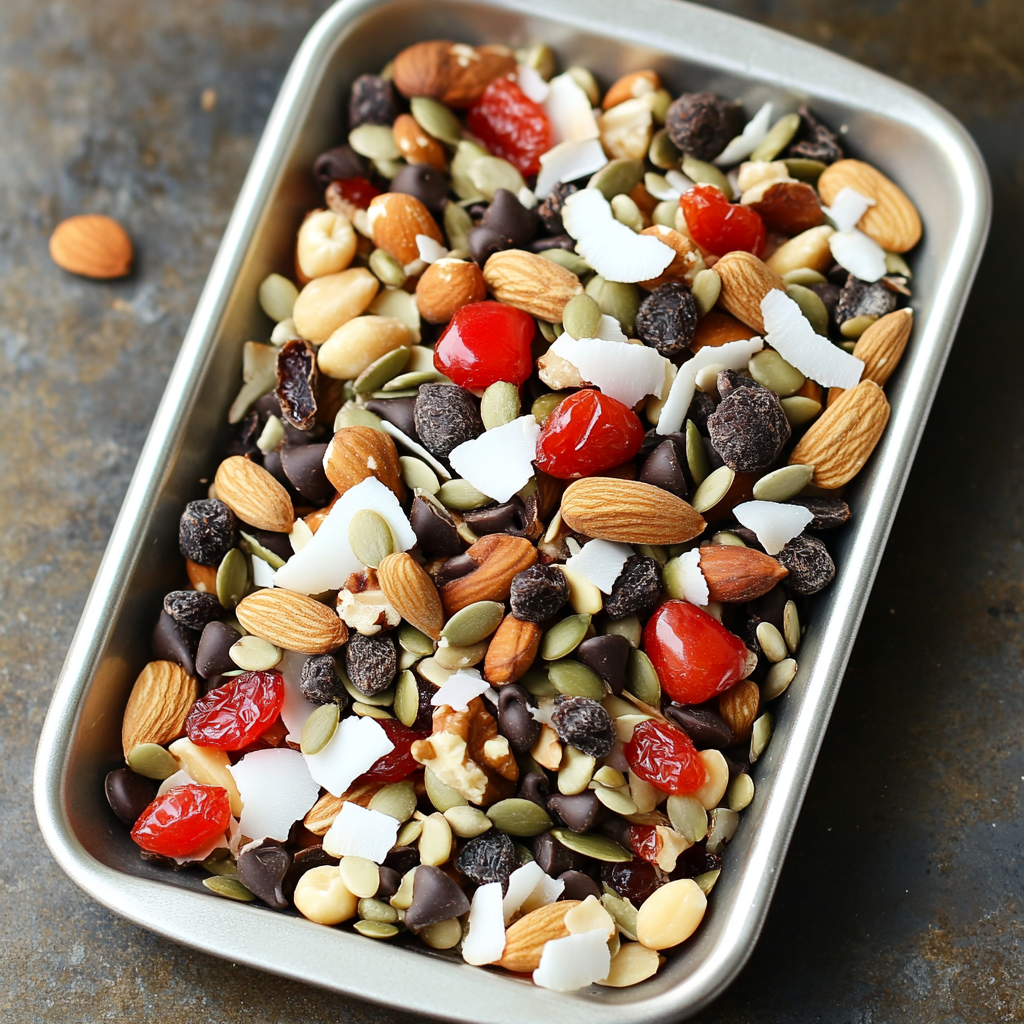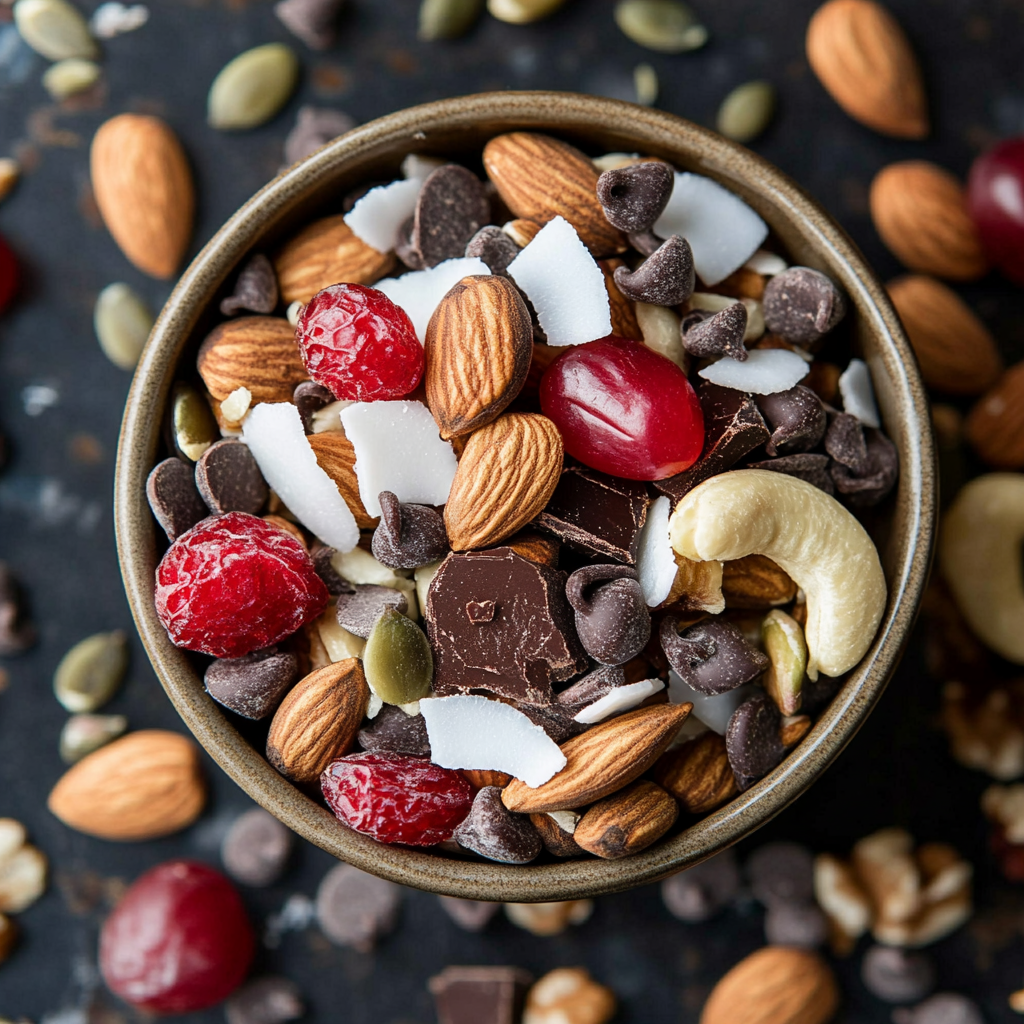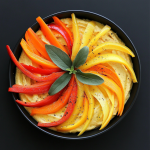When it comes to enhancing your culinary creations, few ingredients offer as much flavor, texture, and nutrition as nuts and dried fruits. Whether you’re baking a chewy cookie, whipping up a vibrant salad, or making a wholesome breakfast bowl, these pantry staples add a burst of energy and a touch of indulgence.
In this guide, we’ll explore the health benefits of nuts and dried fruits, ways to incorporate them into recipes, common types used in cooking, FAQs, and a quick conclusion to tie it all together. So, grab your apron, and let’s dive into the world of nature’s snacks!
Why Nuts and Dried Fruits Deserve a Spot in Your Kitchen
Packed with Nutrients
Nuts and dried fruits are tiny packages loaded with powerful nutrients. Nuts like almonds, walnuts, and pistachios are rich in healthy fats, protein, fiber, vitamins (like vitamin E and B-complex), and minerals (such as magnesium, calcium, and zinc). Dried fruits like raisins, apricots, and dates are high in fiber, antioxidants, iron, and natural sugars that provide quick energy.
Long Shelf Life
Both nuts and dried fruits have a long shelf life when stored properly. This makes them perfect for year-round use, especially for those who enjoy prepping meals or baking often. They’re great to have on hand when you want to throw together a quick snack or elevate a recipe.
Versatile for Every Meal
From sweet to savory, breakfast to dessert, there’s hardly a dish that nuts and dried fruits can’t enhance. They add crunch, sweetness, chewiness, and richness — all at once.
Popular Nuts and Dried Fruits in Recipes
Here’s a look at some common varieties and how they’re typically used in cooking:
Common Nuts
- Almonds – Ideal for baking, trail mixes, and salads. Use them raw, roasted, or slivered.
- Walnuts – Their slightly bitter flavor pairs beautifully with sweet dishes and grain salads.
- Cashews – Creamy and slightly sweet, they’re perfect for stir-fries, sauces, and desserts.
- Pistachios – Great for adding color and flavor to rice dishes, cookies, or ice cream.
- Hazelnuts – Often used in desserts, especially chocolate spreads and pastries.
Common Dried Fruits
- Raisins – Excellent in oatmeal, cookies, and savory stews like Moroccan tagines.
- Dates – Natural sweeteners for smoothies, energy bites, or stuffed with cheese and nuts.
- Apricots – Tart and sweet, perfect for couscous dishes, cakes, or snack bars.
- Cranberries – Ideal for muffins, salads, and grain bowls.
- Figs – Wonderful in jams, pastries, and cheese boards.
How to Use Nuts and Dried Fruits in Recipes
1. Baking
Nuts and dried fruits are a baker’s best friend. Toss chopped walnuts into banana bread, mix dried cranberries into muffins, or top cookies with slivered almonds for added texture and flavor.
2. Breakfast
Stir a mix of almonds, raisins, and dates into oatmeal or Greek yogurt. Add chopped dried apricots to granola or smoothie bowls for a fruity twist.
3. Salads
Sprinkle roasted nuts and dried fruits over green salads for a sweet-savory crunch. Try goat cheese, arugula, walnuts, and dried cherries drizzled with balsamic glaze.
4. Savory Dishes
Use chopped nuts to crust meats or as a garnish. Add raisins to rice pilafs or use dates in tagines for a burst of sweetness.
5. Homemade Trail Mix
Combine your favorite nuts and dried fruits with dark chocolate chips, coconut flakes, and seeds. It’s a customizable, on-the-go energy boost.
Storage Tips for Maximum Freshness
- Keep nuts in airtight containers in the fridge or freezer to prevent them from going rancid.
- Dried fruits should be stored in cool, dark places. Once opened, seal tightly or transfer to airtight jars.
- If you notice any off smells or textures, it’s time to toss them.
Health Benefits Snapshot
Here’s a quick look at why they’re so good for you:
| Ingredient | Key Benefit |
| Almonds | Heart health, skin glow |
| Walnuts | Brain function, omega-3s |
| Cashews | Eye health, immune support |
| Raisins | Iron boost, digestion |
| Dates | Natural energy, bone strength |
| Apricots | Eye health, antioxidants |
Incorporating a small handful into your diet daily can provide lasting health benefits and satisfy your sweet or savory cravings.
FAQs About Nuts and Dried Fruits
Q: Are dried fruits high in sugar?
A: Yes, dried fruits contain concentrated natural sugars, but they also come with fiber and nutrients. The key is moderation — small portions deliver energy without spiking your blood sugar.
Q: Can I substitute fresh fruits for dried fruits in recipes?
A: Sometimes. While fresh fruit offers moisture, dried fruit provides concentrated flavor and chewiness. You may need to adjust liquids or cooking time.
Q: What’s the best nut for baking?
A: Almonds and walnuts are widely used in baking due to their mild flavors and textures, but it really depends on the recipe. Pecans and hazelnuts are also delicious in baked goods.
Q: Are raw or roasted nuts better?
A: Raw nuts retain more nutrients, but roasted nuts offer enhanced flavor. Just avoid heavily salted or oil-roasted versions for the healthiest option.
Q: Can nuts and dried fruits help with weight loss?
A: Surprisingly, yes — in moderation. Nuts provide healthy fats and protein that help keep you full, and dried fruits can curb sugar cravings when eaten in small amounts.
Conclusion: A Simple Way to Supercharge Your Meals
Whether you’re making breakfast, baking a treat, or preparing a holiday dish, nuts and dried fruits can transform your cooking with their rich flavors and nutritional punch. They’re more than just snacks — they’re powerful ingredients that bring joy and health to the table.
So next time you’re prepping your favorite recipe, toss in a handful of almonds or a sprinkle of raisins. Your tastebuds — and your body — will thank you.

